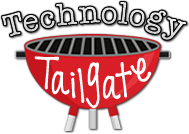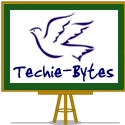Would you be able to justify the grade if you had to defend it? (“Why did I get a B instead of an A?”)
How do you determine if a student’s work meets the standards of exceptional, compared to good?
The above are valid questions…questions which have become an issue, by educational standards, in determining authentic assessments.
Why Authentic Assessment? Authentic assessments presents the student with 'real-world' challenges which requires them to apply their relevant skills and knowledge. Authentic Assessments accomplish the following goals:
- Requires the student to develop responses rather than make selections from predetermined options.
- Elicits higher order thinking in addition to basic skills.
- Allows the student to work on holistic projects which allows them to create a context for their learning, and to see the relationship among different pieces of information. For instance, playing the role of a historical figure requires the student to think about what each fact learned means to the figure.
- Synthesizes the classroom instruction.
- Stems from clear criteria made known to the student.
- Allows for the possibility of multiple judgments.
- Involved the student in evaluating their own work, which prompts them to think about their learning (metacognition) and develops metacognitive skill strategies.
To summarize….authentic assessments do not encourage neither rote learning nor passive test-taking. Instead it focuses on the student’s:
- Analytical skills
- Ability to integrate what they learn
- Creativity
- Ability to work collaboratively









0 comments:
Post a Comment